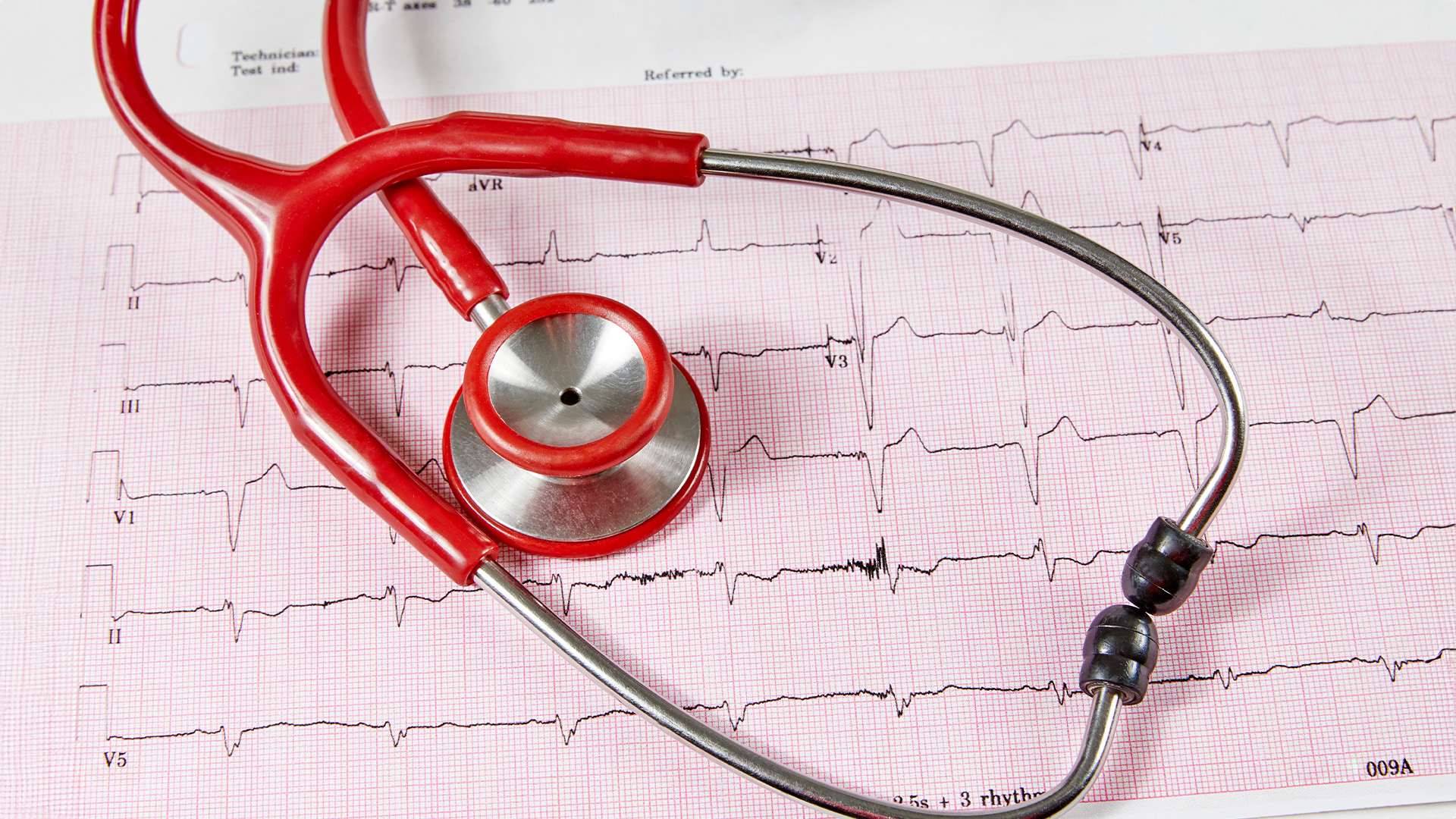
Atrial fibrillation increases your risk of heart-related complications like heart failure and stroke. The team at Alexander Kasatkin, MD, PC in Fair Lawn, New Jersey, provides expert diagnosis and treatments for the irregular heartbeat that is characteristic of atrial fibrillation so you can protect your health and reduce your risk of serious cardiovascular events. Call the practice or schedule a consultation online today for expert cardiovascular care in Northern New Jersey.
Atrial fibrillation is a type of arrhythmia (irregular heartbeat) that disrupts the normal flow of blood. Atrial fibrillation affects the function of the upper chambers of your heart (the atria), and they pump at a different speed than the ventricles (lower heart chambers). In most cases, your atria contract rapidly and irregularly.
Some of the warning signs of atrial fibrillation include:
If one or more of these symptoms sounds familiar, make an appointment with the team at Alexander Kasatkin, MD, PC. When left untreated, atrial fibrillation increases your risk of blood clots, stroke, heart failure, and other heart-related complications.
Atrial fibrillation usually occurs when there’s a problem with the electrical activity in your heart or damage to your heart structure. Some of the potential causes of the condition include:
However, in some cases, the cause of atrial fibrillation is unidentifiable.
The team at Alexander Kasatkin, MD, PC uses various tests to evaluate your heart activity and identify the cause of irregularities. They review your medical history, symptoms, and lifestyle. Depending on your symptoms, the team might order additional testing, including:
These tests provide critical information about both your heart’s function and cardiovascular health, allowing your physician to create a customized treatment plan to restore and protect your health.
In most cases, the team at Alexander Kasatkin, MD, PC treats atrial fibrillation with medication to regulate your heartbeat or anticoagulants to reduce your risk of blood clots and stroke. They might also recommend lifestyle modifications to help control and maintain your blood pressure and other cardiovascular health factors.
You might also benefit from a noninvasive electrical or pharmaceutical cardioversion to “reset” your heart’s rhythm.
In severe cases, your doctor might recommend a catheter or surgical procedure to regulate your heart activity. For example, catheter ablation creates a lesion on the heart tissue that is causing the irregular contractions. The lesion halts the erratic impulses that are characteristic of atrial fibrillation, so you can regain a normal heartbeat.
If you have heart palpitations or other signs of atrial fibrillation, call Alexander Kasatkin, MD, PC or make an appointment online today for expert diagnosis and treatment.
